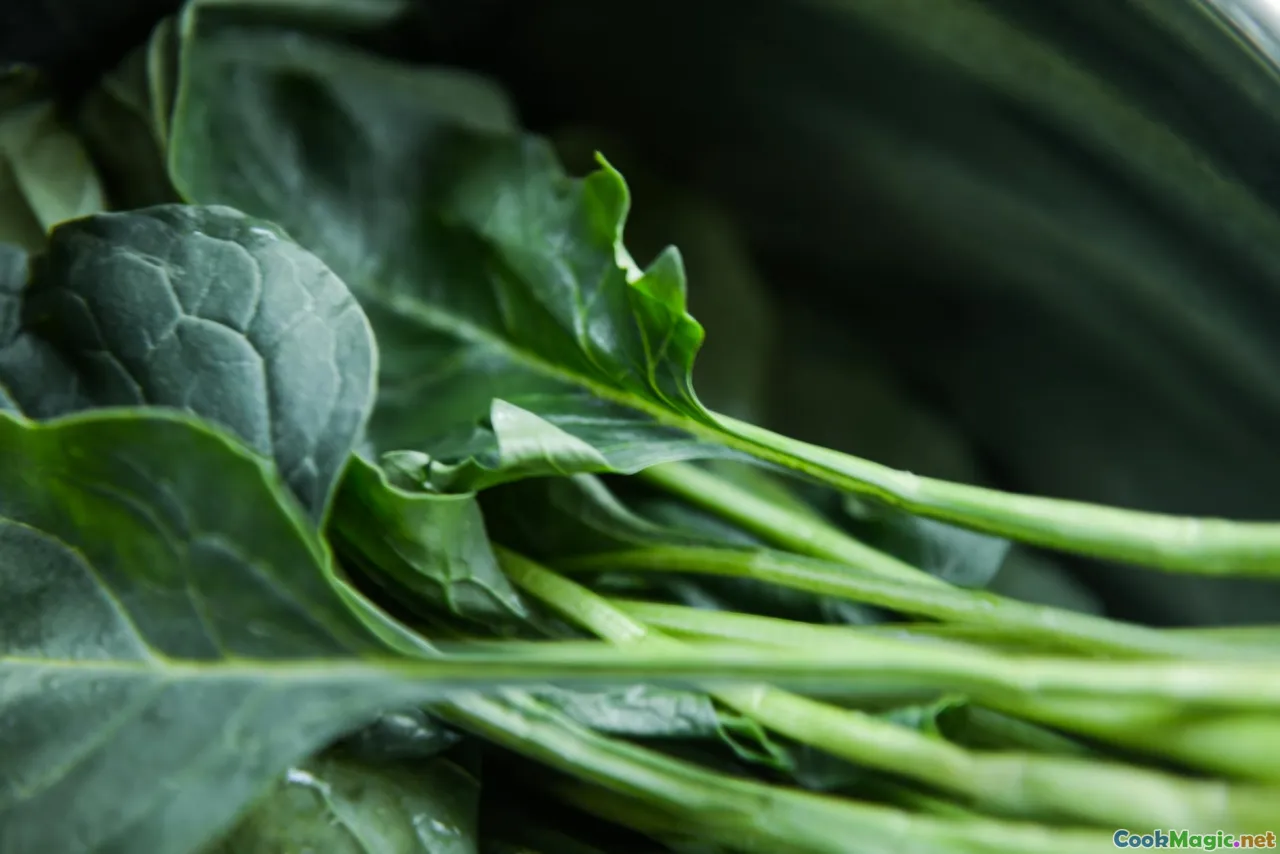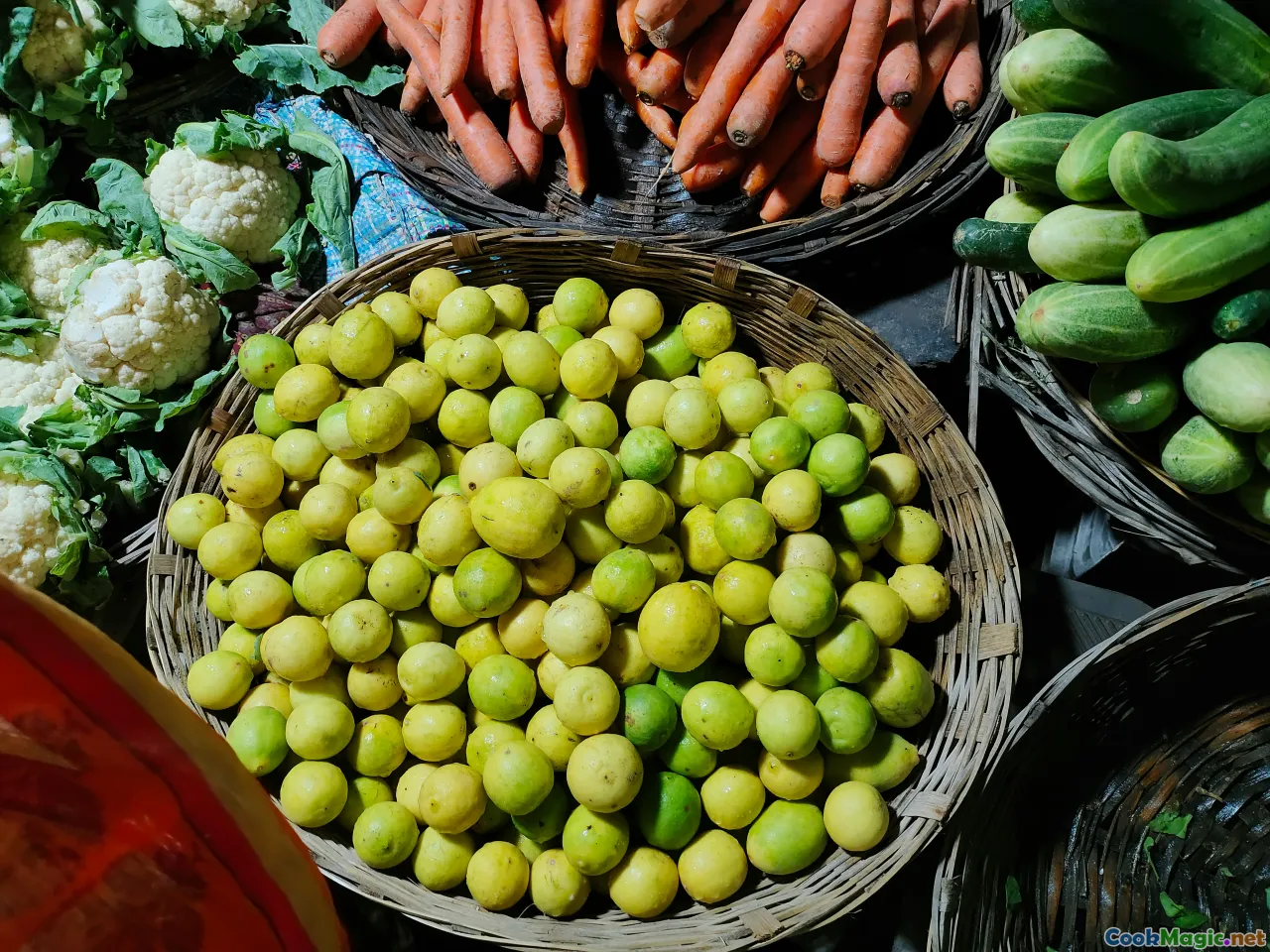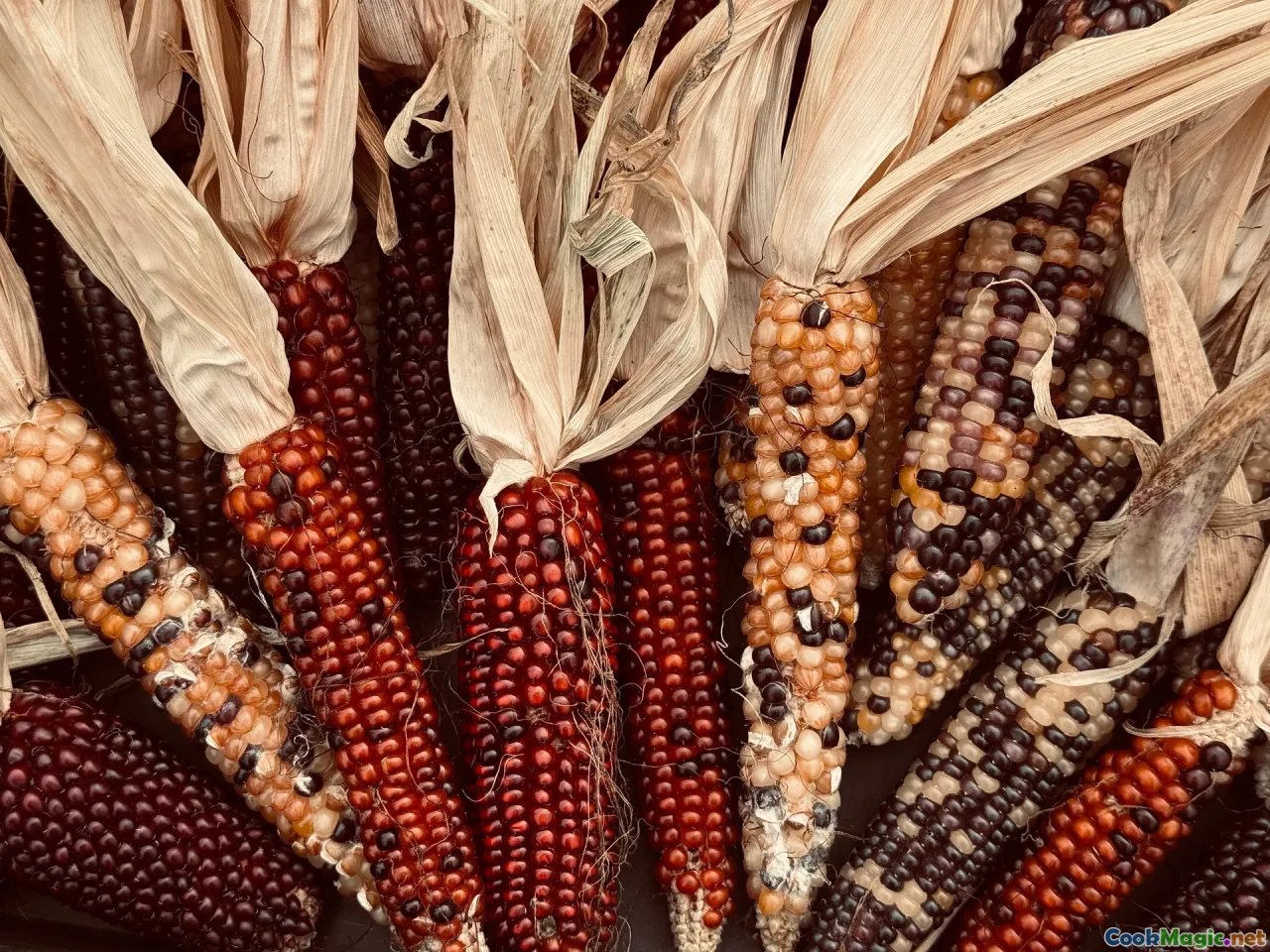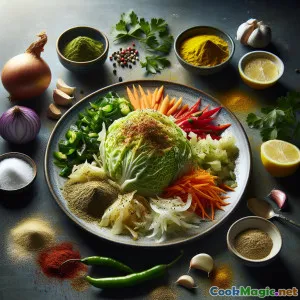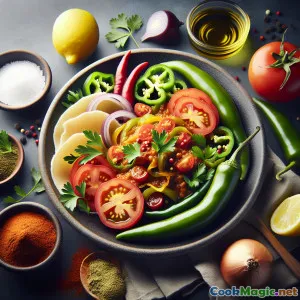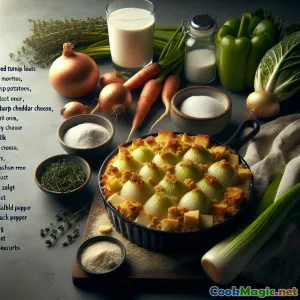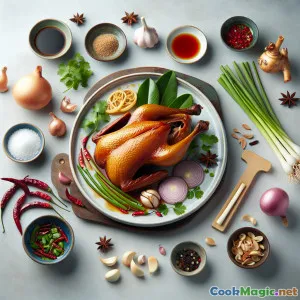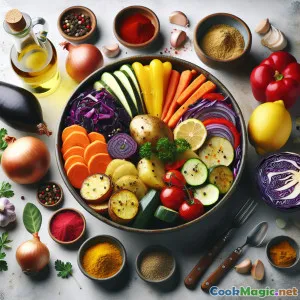
Alicha Vegetable Mosaic: Estofado Etíope Arcoíris
(Alicha Vegetable Mosaic: Rainbow Ethiopian Stew)
(0 Reseñas)0
9
julio 27, 2025
Informar de un problema
Ingredientes
-
2 medium Papa
(Diced into 2cm cubes)
-
2 large Zanahoria
(Sliced into thick rounds)
-
1 large Batata dulce morada
(Diced for added color)
-
1/2 small head Repollo
(Chopped into large bite-size pieces)
-
1 medium Calabacín
(Sliced thick)
Pimiento rojo, 1
-
1 large Cebolla
(Cortado en pequeños cubos)
-
3 cloves Dientes de ajo
(Picado)
-
2 tsp Jengibre fresco
(Rallado)
-
2 tsp Pó de Cúrcuma
(Heaping, for bright golden sauce)
-
1 tsp Polvo de fenogreco
(Traditional for depth of flavor)
-
1 tsp Polvo de comino
(Warm undertones)
-
1 tsp Sal
(Ajustar al gusto)
-
1/2 tsp Pimienta negra
(Recién molido)
-
3 tbsp Aceite de canola
(Or neutral oil)
-
500 ml Caldo de Verduras
(Hecho en casa o comprado)
-
2 tbsp Perejil fresco
(Picado, para decorar)
Limón, 1/2
(Diced into 2cm cubes)
(Sliced into thick rounds)
(Diced for added color)
(Chopped into large bite-size pieces)
(Sliced thick)
(Cortado en pequeños cubos)
(Picado)
(Rallado)
(Heaping, for bright golden sauce)
(Traditional for depth of flavor)
(Warm undertones)
(Ajustar al gusto)
(Recién molido)
(Or neutral oil)
(Hecho en casa o comprado)
(Picado, para decorar)
Nutrición
- Porciones: 4
- Tamaño de porción: 1 tazón (300g)
- Calories: 235 kcal
- Carbohydrates: 49 g
- Protein: 6 g
- Fat: 4 g
- Fiber: 9 g
- Sugar: 14 g
- Sodium: 670 mg
- Cholesterol: 0 mg
- Calcium: 84 mg
- Iron: 2.1 mg
Instrucciones
-
1 - Prepare Vegetables:
Wash, peel, and dice all vegetables according to their size guidelines. Organize the prepped vegetables by color for a visually stunning mosaic effect.
-
2 - Sauté Aromatics:
Heat the oil in a large thick-bottomed pot over medium heat. Add diced onion, ginger, and garlic. Sauté for 2-3 minutes until fragrant and the onion becomes translucent.
-
3 - Bloom Spices:
Add turmeric, fenugreek (if using), cumin, salt, and black pepper. Stir constantly for 1-2 minutes until spices become aromatic and oil is golden.
-
4 - Combine Main Vegetables:
Add potatoes, carrots, and purple sweet potatoes. Toss well to coat with the spiced oil. Sauté for an additional 2 minutes to absorb flavors.
-
5 - Add Greens:
Add cabbage, zucchini, and bell pepper. Stir gently, preserving the colors and mosaic-like arrangement.
-
6 - Pour Broth and Simmer:
Pour the heated vegetable broth over the mixture. Bring to a gentle boil, then reduce to a simmer. Cover and cook for 20-25 minutes or until all vegetables are tender but still hold shape.
-
7 - Adjust and Finish:
Taste for seasoning, adding more salt or black pepper as needed. Simmer uncovered for the last 3 minutes to thicken sauce slightly.
-
8 - Garnish and Serve:
Serve hot, garnished with parsley and lemon wedges if desired. Arrange vegetables decoratively to showcase the natural mosaic.
Wash, peel, and dice all vegetables according to their size guidelines. Organize the prepped vegetables by color for a visually stunning mosaic effect.
Heat the oil in a large thick-bottomed pot over medium heat. Add diced onion, ginger, and garlic. Sauté for 2-3 minutes until fragrant and the onion becomes translucent.
Add turmeric, fenugreek (if using), cumin, salt, and black pepper. Stir constantly for 1-2 minutes until spices become aromatic and oil is golden.
Add potatoes, carrots, and purple sweet potatoes. Toss well to coat with the spiced oil. Sauté for an additional 2 minutes to absorb flavors.
Add cabbage, zucchini, and bell pepper. Stir gently, preserving the colors and mosaic-like arrangement.
Pour the heated vegetable broth over the mixture. Bring to a gentle boil, then reduce to a simmer. Cover and cook for 20-25 minutes or until all vegetables are tender but still hold shape.
Taste for seasoning, adding more salt or black pepper as needed. Simmer uncovered for the last 3 minutes to thicken sauce slightly.
Serve hot, garnished with parsley and lemon wedges if desired. Arrange vegetables decoratively to showcase the natural mosaic.
Más información sobre: Alicha Vegetable Mosaic: Estofado Etíope Arcoíris
Alicha Vegetable Mosaic
History & Cultural Significance
Alicha, or "mild" in Amharic, distinguishes a delicious family of stews in Ethiopian cuisine where vibrant, gently spiced vegetable medleys play the starring role. Unlike their spicier wot counterparts brimming with berbere, Alicha-style recipes offer a bright, refreshing counterpoint, letting the pure flavor of vegetables, perfumed with aromatic turmeric-based sauce, shine through. Traditionally, Alihca highlights the ingenuity and resourcefulness of home cooks in utilizing seasonal fresh produce, often harvested from vigorous backyard gardens. While the most renowned version is "Alicha Wot," frequently made with potatoes and cabbage, this creative "Mosaic" incarnation takes its cue from the artistry of Ethiopian vegetable feasts and the natural beauty of root vegetables found across the world.
Unique Aspects & Inspiration
What sets the Alicha Vegetable Mosaic apart is its intentionally vibrant presentation. By choosing vegetables in an array of colors—golden potatoes, blazing orange carrots, earthy sweet potatoes, cool zucchini, robust red peppers, and spring-green cabbage—you create a literal tapestry in your pot. The sweet purple of sweet potato and uprising red of bell pepper recall shifting patterns in North African and Ethiopian weaving art. Arranging vegetables in distinct sections (or stirring minimally during cooking) helps maintain a “mosaic” both in the saucepan and on your plate. The mild, sprightly aroma of turmeric, along with supportive notes from fenugreek and cumin, wraps the stew in the warmth of African sunshine, offering a wholly satisfying vegan entrée or celebratory side dish to be served with plenty of injera or warm gluten-free flatbread for sopping up the golden sauce.
Taste & Texture
The decadent oily red of classic wot takes a gentle sidestep here, replaced with a glowing, abundant golden sauce. The careful, slow simmer ensures every chunky vegetable becomes succulent and aromatic, yet holds its breathtaking color and texture. Each bite is a balanced interplay between natural sweetness (carrots, sweet potatoes), soft starchiness (potatoes), and freshness (cabbage, zucchini), grounded by the wholesome kick of garlic and ginger. Finishing with lemon wedge brightener and fresh parsley delivers a clean, sprightly aftertaste—a culinary walk through an Ethiopian spring garden.
Historical Serving & Pairings
Ethiopian meals are social by design. Alicha Mosaic is often found complementing meat and lentil wots in the center of a shared platter, especially at festive occasions. For a wholly vegan meal, serve as the centerpiece with rolls of injera (spongy Ethiopian bread) or sorghum-based flatbreads. Soft-cooked rice works well as another pairing when injera isn’t available.
Tips & Notes
- Opt for the freshest, firmest vegetables you find, and don’t hesitate to swap in beets, squash, or peas for added pattern and variety.
- Go minimal on stirring after combining vegetables to keep colors from mixing too much. Use a large serving spoon to scoop a section of each vegetable for every serving.
- For deeper flavor, consider sweating the onions a bit longer or allowing the vegetable stew to rest, covered, overnight—the flavors meld and intensify spectacularly.
- Elevate protein content by sneaking in chickpeas or lentils for variation.
- Fresh lemon at serving makes a real difference, adding brightness and balancing richness.
Personal Touch
I love this recipe for both its flavor and philosophy. By composing the vegetables artfully, I pay homage not only to rich Ethiopian traditions but to home cooks wherever they honor harvest and hospitality. The Mosaic reveals itself each time you lift the lid, a painter’s palette offering comfort and celebration—simple gestures transmitting extraordinary warmth at any table, vegan or omnivore alike.
Alicha Vegetable Mosaic is humble but dramatic, ancient yet endlessly customizable. It is an edible tapestry you assemble anew from garden, pantry, and spice shelf, with every batch a vibrant, communal celebration of life and nourishment.

